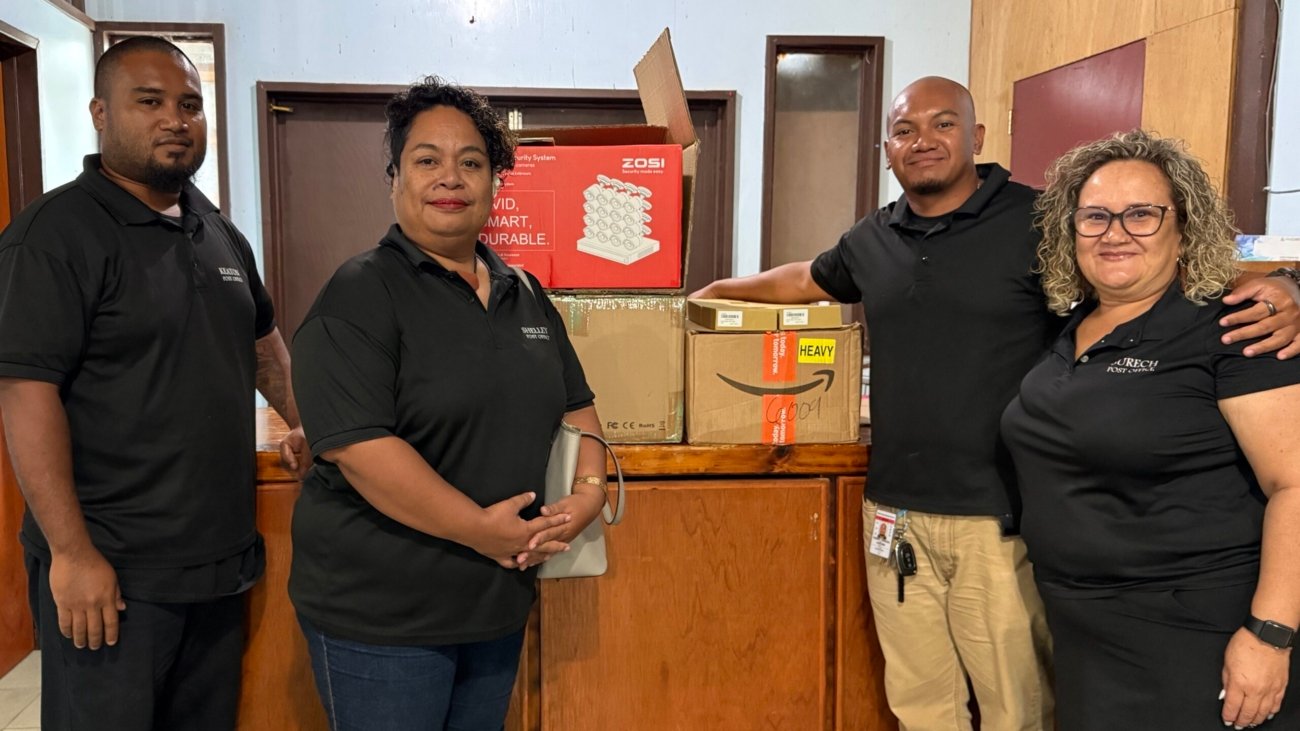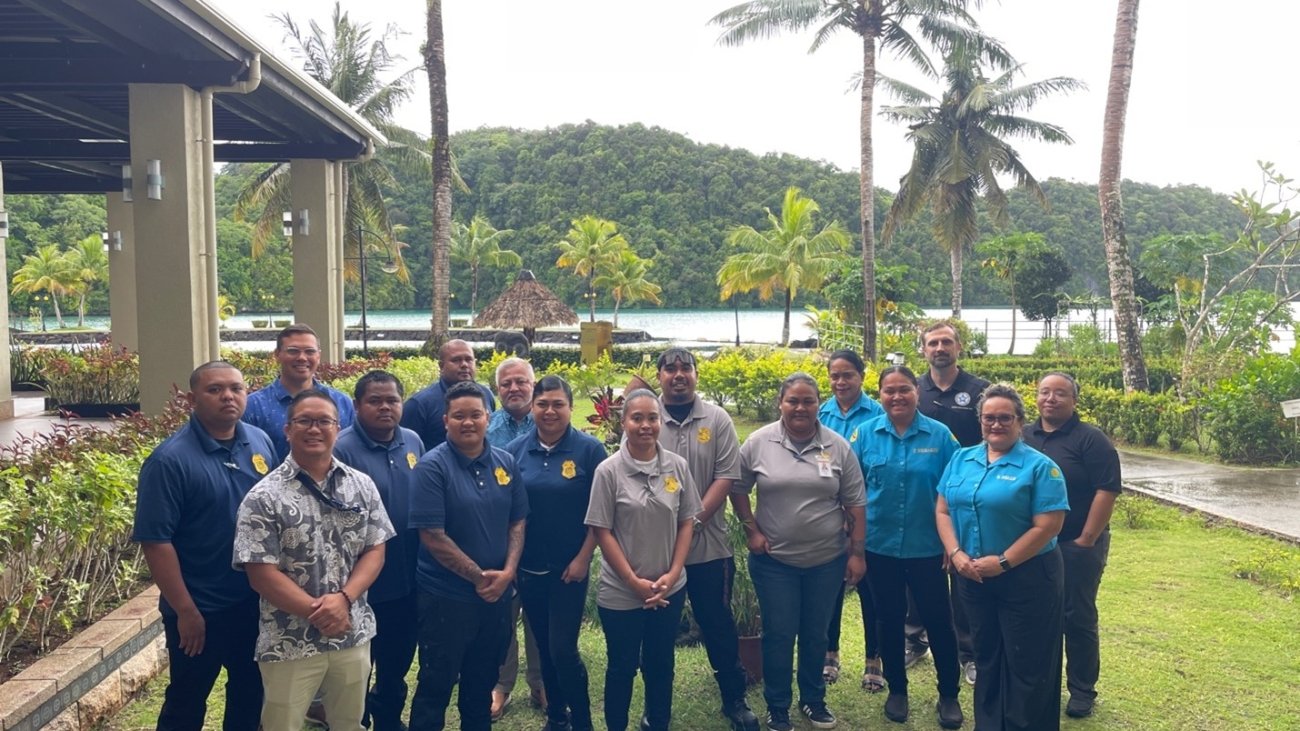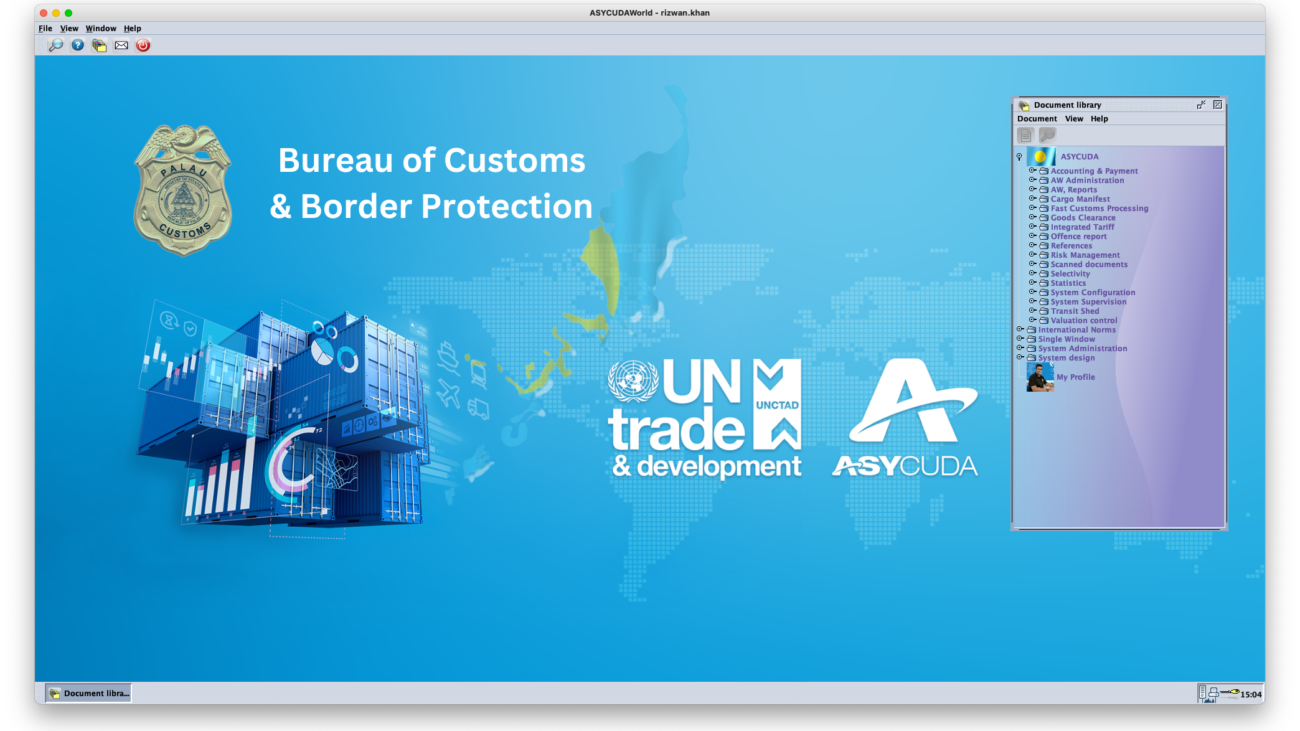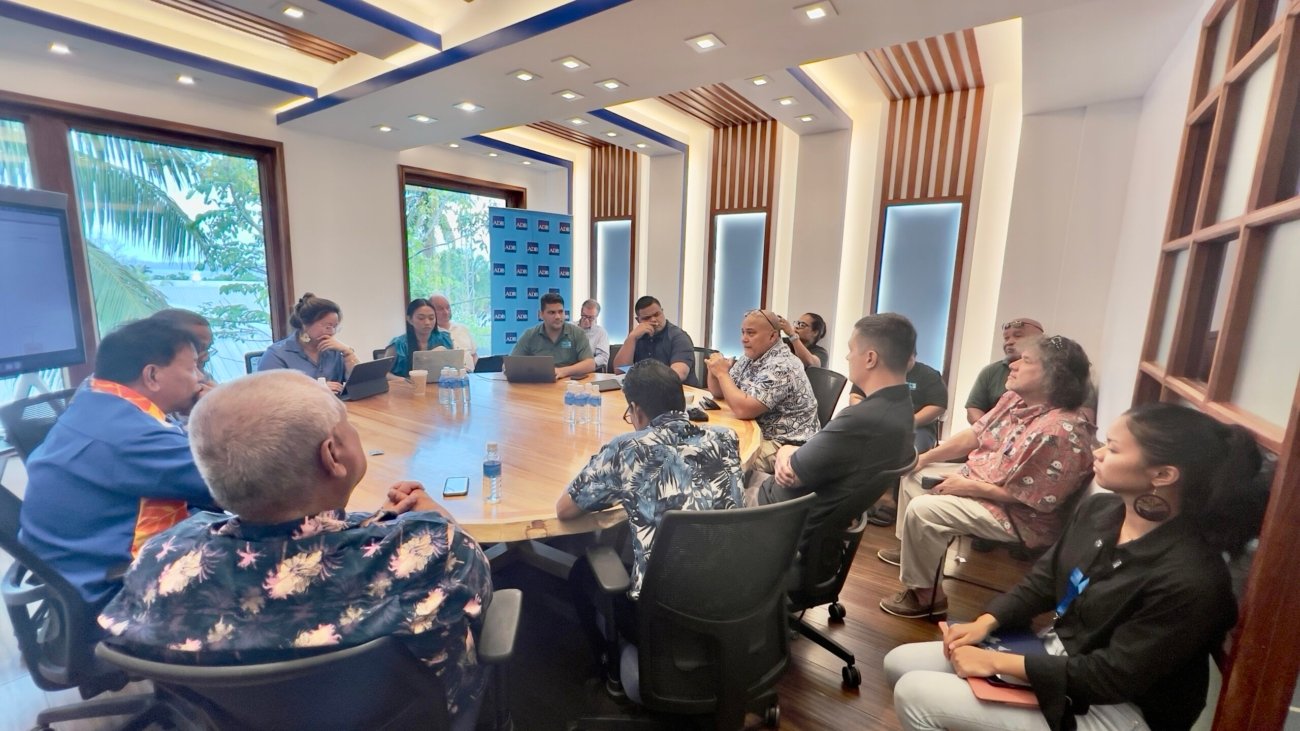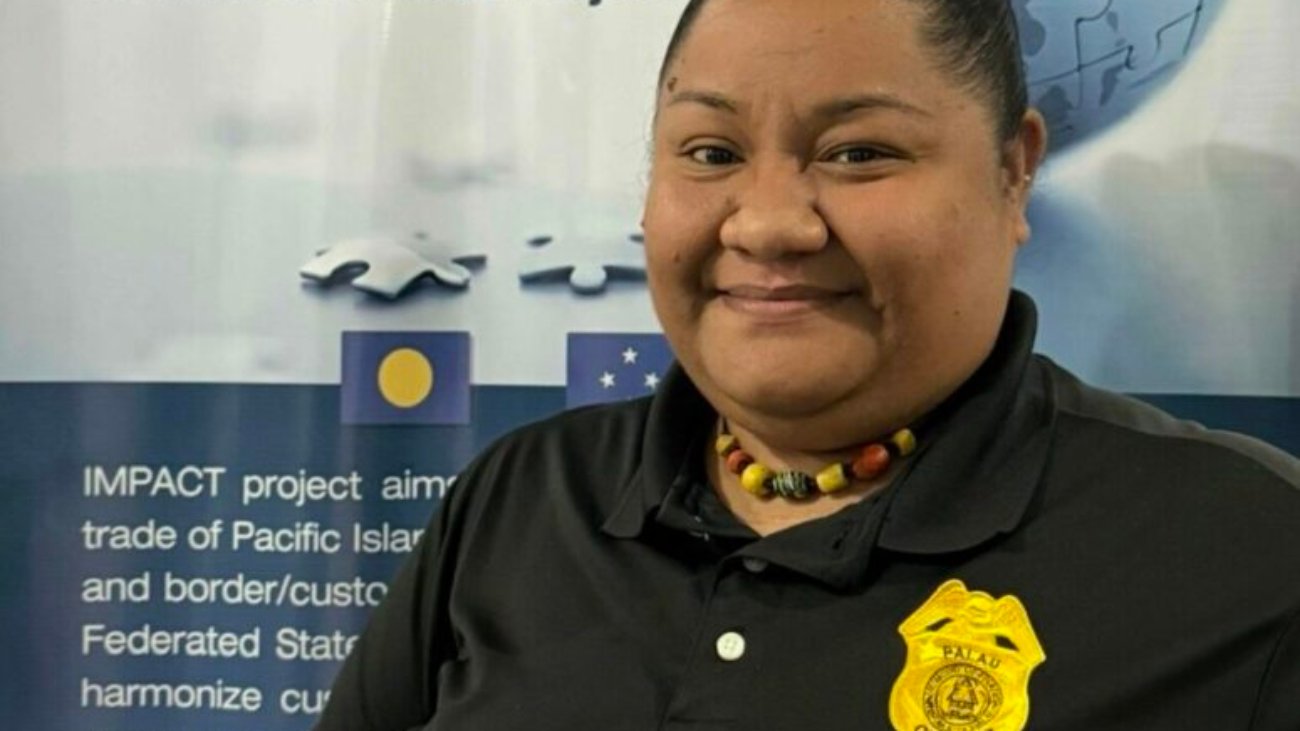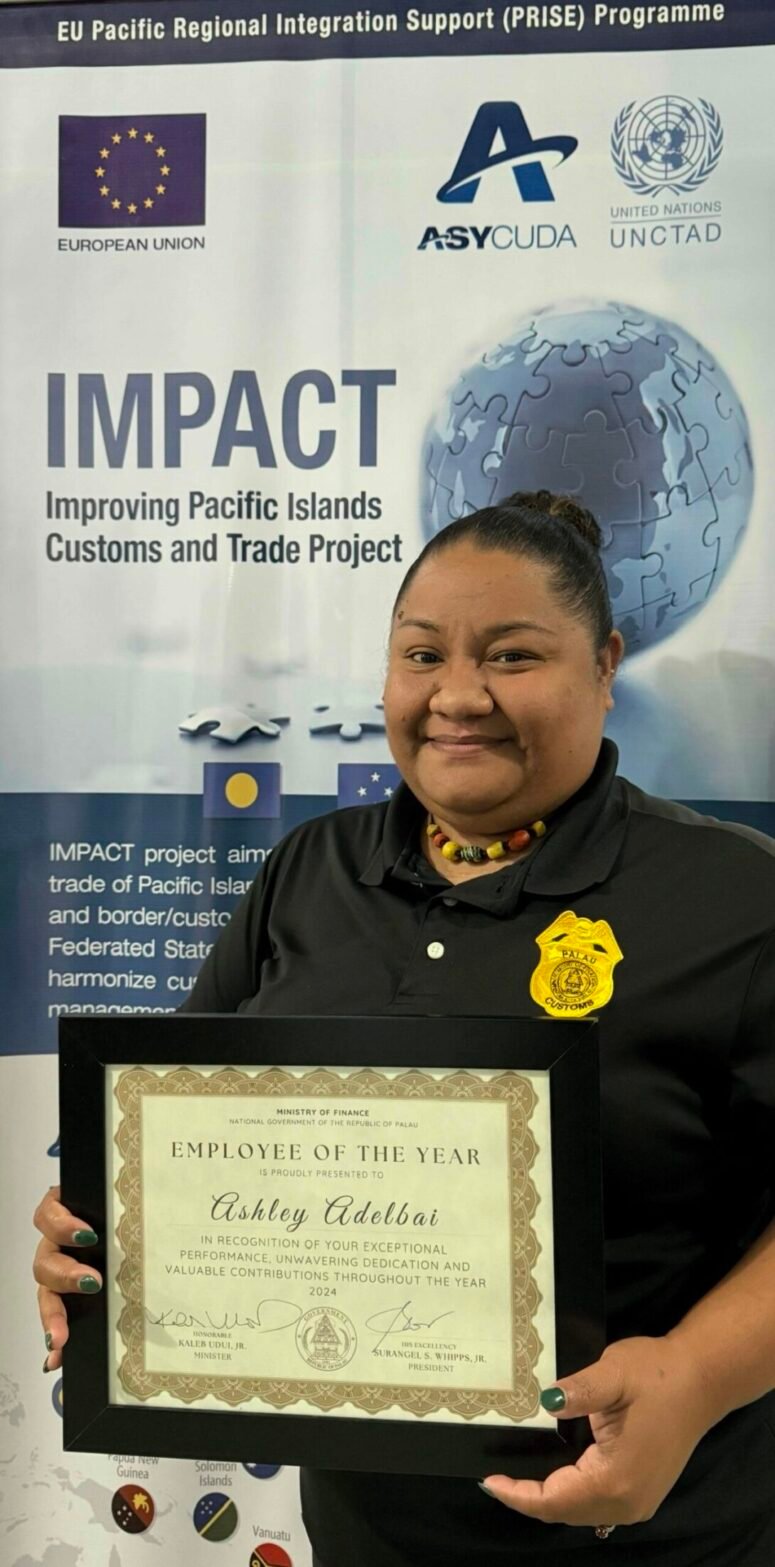Koror, Palau – On May 16, 2025, the Republic of Palau’s trading community met today to validate the national Trade Single Window Blueprint.
The Blueprint outlines the design for creating a single, digital entry point for all trade-related submissions, this will enable real-time data exchange between agencies like Customs, Immigration, Biosecurity, and others.
“Today marks a significant step in our national effort to modernize trade facilitation,” said Palau’s Minister of State Mr. Gustav Aitaro.
“This Single Window Blueprint is setting scene to building a digital gateway that will serve traders, agencies, investors, and citizens alike,” Mr. Aitaro said.
Mr. Aitaro further said, “Implementing a national electronic Single Window for international trade is, as we have seen, one of the most effective ways to enhance trade facilitation. It is also key obligation under the WTO Trade Facilitation Agreement.”
Officiating the event, virtually, the Head of Delegation for the European Union to the Pacific, Her Excellency, Ms. Barbara Plinkert, highlighted Palau’s efforts toward enhancing trade facilitation and sustainable economic growth.
“This effort has already shown impressive results through setting up a standard based automated custom system, ASYCUDAWorld supported by the European Union and implemented by UN Trade and Development (UNCTAD).
“ASYCUDAWorld has already helped ease customs procedures and increase customs revenue use already in its first year of implementation,” Ms. Plinkert said.
“In fact, the electronic single window which is being validated in today’s workshop will build on this achievement since an automated custom system such as ASYCUDAWorld is a core element for any national electronic single window.
“This project is another example which demonstrates the long-standing partnership between the European Union and Palau across many sectors, be it in the areas of climate resilience, ocean management or economic development,” Ms. Plinkert emphasized.
The Blueprint was developed with technical support from the UN Trade and Development (UNCTAD).
The initiative is supported by the European Union-funded IMPACT Project, implemented by the UN Trade and Development.





